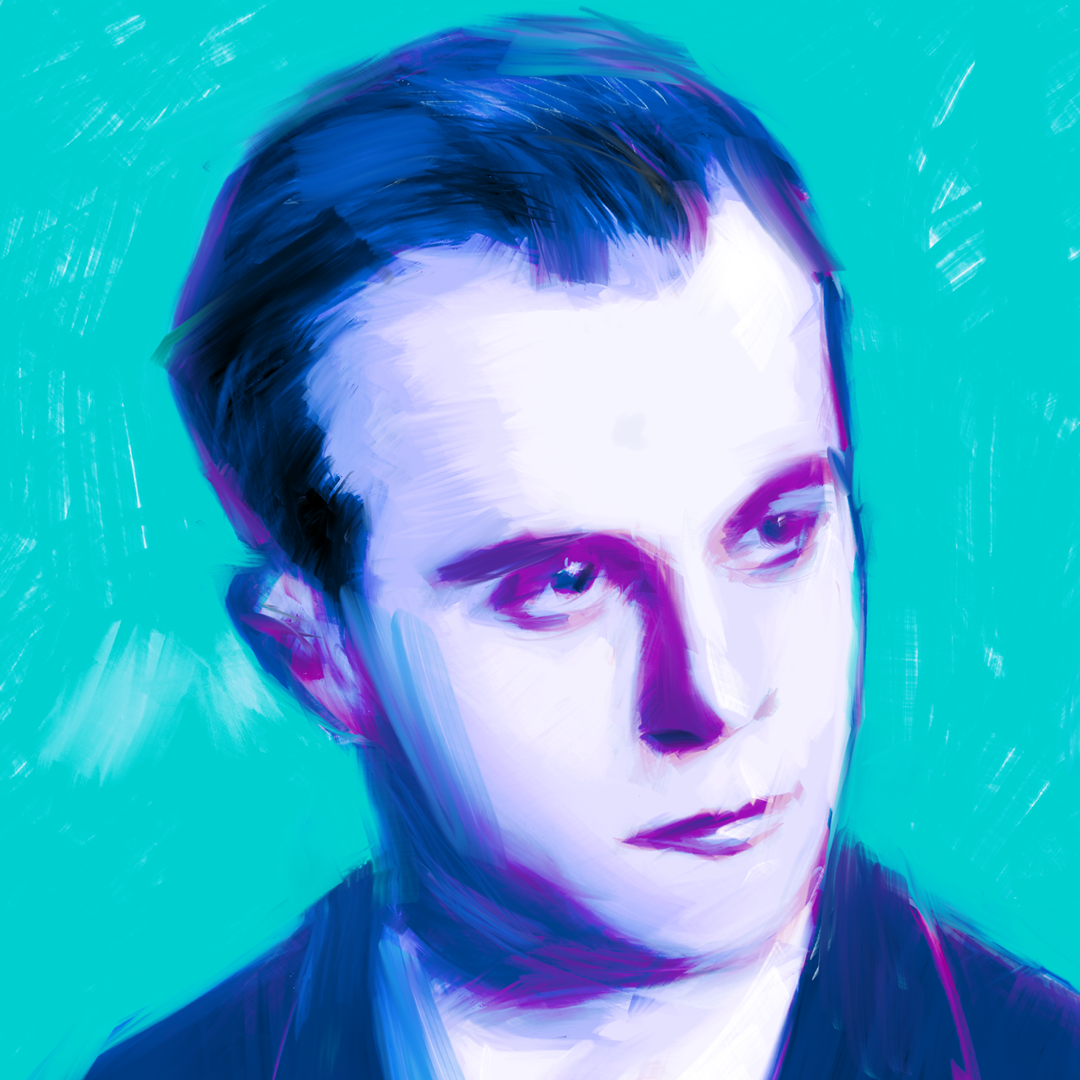
Track list
Composer, pianist and conductor, born in Berlin, died in Göteborg. He initially received tuition in piano and violin from his mother, a talented violinist and pianist. In 1916-19 he continued to study piano with B. Goldenwieserat the Julius Stern Conservatory in Berlin. In 1919 he returned with his parents to Poland and settled in Leszno. In 1920-27 he studied piano with Bohdan Zalewski, theory with Władysław Raczkowski, harmony and counterpoint with Kazimierz Sikorski and solfège with Stanisław Wiechowicz at the Poznań Conservatory.
From 1928 he was artistic director of the Stanisław Moniuszko Choir in Poznań. Simultaneously in 1928-1930 he studied philosophy and musicology at the Poznań University. From 1930 he continued his composition study with Kazimierz Sikorski atWarsawConservatory. However, two years later he was relegated from the Conservatory as a co-organizer of a students’ strike staged as a protest against the dismissal of Karol Szymanowski from the post of rector.
In this period, Maciejewski started giving concerts as a pianist. In 1932 he gave a recital, among others, in the Institute for the Promotion of Art, which was a great success. This particular performance allowed Maciejewski to make the acquaintance of numerous personages, including the Foreign Affairs Minister Józef Beck, to whose support he owed the offer of a concert tour of the Balkans as well as a scholarship for music studies in Paris. In 1933 he gave performances in Sofia, Bucharest, Budapest and Belgrade. A year later he studied with Nadia Boulanger at Ecole Normale de Music in Paris. It was then that he met Igor Stravinsky, Alfredo Casella, Darius Milhaud, Artur Honegger, Francis Poulenc, and struck up a friendship with Arthur Rubinstein. From 1935 he was a member of the Association of Young Polish Musicians in Paris, of which he was secretary of the board (1935) and vice-president (1936).
In 1938 he went on a concert tour to England, where he met the German choreographer Kurt Joos, who commissioned him to write ballet music for his ensemble. While visiting the dance ensemble in Darlington Hall, he met his future wife, the Swedish dancer – Elvi Gallen. They married in 1939 and left for Sweden, where the composer spent the war. He was engaged in the activities of Polish emigration, gave concerts. He made the acquaintance of Thomas Mann, as well as Ingmar Bergman, to whose theatrical productions (including Shakespeare’s Macbeth, Camus’s Caligula) he composed music.
It was also in Sweden that he started working on his monumental Missa pro defunctis (Requiem) for soloists, mixed choir and symphony orchestra (1944-60), which in 1959 won the Award of the I. J. Paderewski Foundation. He accepted Arthur Rubinstein’s invitation to the United States, where he lived in 1951-77. He worked as an organist in a Catholic church in Los Angeles and conducted the parish choir. From 1977 until his death he again took up residence in Göteborg in Sweden.
In 1997, the Roman Maciejewski Music Society in Leszno was established, whose aim is to propagate and promote the composer?s music.
Source: www.polmic.pl.
-
23 Transcriptions for two pianos, 1940-46 No. 5: L.N. Clerambault Suite, manuscript Borrow 23 Transcriptions for two pianos, 1940-46 No. 8: C.Franck Grande Fantaisie, manuscript Borrow 23 Transcriptions for two pianos, 1940-46 No. 10: G. F. Haendel Concerto in F Major, manuscript Borrow 7 Transcriptions of "Capriccios" by Paganini Allegro concertante for two pianos, 1944 first version of this composition scored for piano and symphony orchestra Buy Lullaby for two pianos, 1976 Buy Quintet for wind instruments, 1971 Buy Matinata for violin, viola and cello, 1948 Wieczorem [In the Evening], Cienie nocy [Shadows of the Night], Pieśń o wschodzie słońca [Sunrise Song], Dzienna bieganina [Everyday Bustle] Borrow Mazurka for two pianos, 1951 Buy Negro spirituals for two pianos, 1946 Deep River, I Want to be Ready, Listen to the Lambs, Sometimes I Feel like a Motherless Child Buy Nocturne for flute, guitar and celesta, 1951 Nocturne for violin and piano, 1950 Borrow Oberek, ballet scene for two pianos, 1943 Buy Pianoduo Concertante for two pianos, 1935-36 Buy Seven Swedish Dances for two pianos, 1940 Buy Sonata for violin and piano, 1938 Buy Spanish suite for two guitars, 1948 Tarantella for two pianos, 1938 Buy Z dnia na dzień [Day by day] for string quartet, 1972
-
Fairytale Ballet for children, 1932 manuscript Four minatures, 1940 Echo, Dream, Prelude, Bound Buy Etudes, 1932 Fandango, 1953 Buy Lullaby, ok. 1929 Buy Krzesany, 1931 Buy Mazur, 1951 manuscript Mazurkas 1928-90 volume I Nos. 1-21 bis Buy Mazurkas, 1928-90 volume II Nos. 22-39 Buy Preludes, 1930-33 Sonata No. 1, 1926 Sonata No. 2, 1932 Triptych, 1933 Buy Variations, 1928 Zbójnicki, 1931